The policy contrasts between President Joe Biden and former President Donald Trump are sharpening as the general election campaign gets fully underway.
But what does the choice represent for ordinary voters and the economic and cultural issues they care about? A rematch between the Democratic incumbent and his Republican predecessor may feel uninspiring to many voters, but the policy stakes are enormous for tens of millions of Americans — and the world.
Here are seven big issues at stake in the 2024 election.
Abortion
The contrast: Biden favors federal abortion protections; Trump opposes them. Trump supported nationwide restrictions on abortion as president but now downplays the need for a federal ban, as Republicans are divided over the issue. Biden does not support federal limits.
Biden has championed the Women’s Health Protection Act, a bill to protect abortion rights in all 50 states under federal law and prohibit medically unnecessary hurdles to accessing the procedure. He has asked voters to send him a Democratic Congress that supports legal abortion to achieve that.
Trump has boasted that he “broke Roe v. Wade” by picking three of the five Supreme Court justices who overturned it, delivering on a four-decade goal of the GOP. More recently, Trump has openly fretted that the backlash may cost him and his party the election. Last week, Trump said the issue should be left to states, a shift from his support for nationwide restrictions when he was president. His new stance has drawn pushback from GOP allies, like Sen. Lindsey Graham, of South Carolina, and anti-abortion-rights advocates, who say that he is wrong and that Republicans should not be deterred from their long-standing goal of enacting some nationwide abortion limits.
Some Republicans downplay the prospects of federal abortion restrictions’ passing Congress, even if they win full control. Biden and his allies are telling voters to look at the GOP’s long history of championing federal restrictions and not their recent rhetoric.
Immigration
The contrast: Trump has promised a sweeping crackdown on illegal immigration and tougher executive actions; Biden is asking Congress to give him more tools to manage an overwhelmed border and create new legal pathways to immigrate to the U.S.
Trump has called existing border laws an existential threat to the U.S., saying migrants are “poisoning the blood of our country” and bringing new “languages.” His campaign website says: “President Trump will shut down Biden’s border disaster. He will again end catch-and-release, restore Remain in Mexico, and eliminate asylum fraud. In cooperative states, President Trump will deputize the National Guard and local law enforcement to assist with rapidly removing illegal alien gang members and criminals.”
After having rescinded some of Trump’s policies, Biden has recently shifted to support stricter immigration laws as the system remains overwhelmed. He championed a bipartisan bill to raise the bar for gaining asylum, grant more U.S. resources to process asylum claims and turn away migrants who do not qualify, and empower the president to temporarily shut down the border if migration levels hit certain triggers. (Republicans blocked the bill in the Senate amid lobbying by Trump, who wants to use the border as an election issue.) Biden has also endorsed the U.S. Citizenship Act, which would grant a pathway to citizenship for people in the U.S. illegally if they pass background checks and pay their taxes.
Fundamentally, Trump has aligned with forces who want less immigration into the country, while Biden has embraced the belief that immigrants make the U.S. better.
Health care and prescription drugs
The contrast: Biden wants to extend Affordable Care Act provisions and empower Medicare to negotiate more prescription drugs; Trump has aggressively criticized the ACA but not offered a health care plan.
Biden, who was vice president when the Affordable Care Act passed in 2010, sees it as a cherished achievement to protect and strengthen. The law, also known as “Obamacare,” which has extended coverage to 45 million people through subsidies, insurance mandates and a Medicaid expansion, continues to face conservative opposition.
Separately, Biden has touted a provision in his party-line Inflation Reduction Act that empowers Medicare to negotiate lower prices for 10 prescription drugs. He said he wants to boost that to 50 if he is re-elected, with the goal of $200 billion in savings.
Trump spent his four years as president fighting unsuccessfully to repeal and unravel the law — through legislation and executive action and endorsing lawsuits to wipe it out. In November, Trump called for revisiting plans to “terminate” the ACA. He has recently sought to downplay that and insists he only wants to improve the law. But he has not offered a health care plan. Many of his GOP allies in Congress still favor repealing or undoing the ACA, including a budget by the Republican Study Committee, which boasts about 80% of the House GOP conference as members, including Speaker Mike Johnson, of Louisiana.
Taxes
The contrast: Trump’s 2017 tax cuts expire at the end of next year, and he has called for extending them; Biden has called for raising taxes on families earning over $400,000 to fund various priorities.
A series of Trump tax cuts, which Republicans passed on a party-line basis in 2017, expire at the end of 2025. Congress and the winner of the election will decide what happens to them.
In a recent private speech to wealthy donors, Trump said his policies include “extending the Trump tax cuts” if he is elected, according to a Trump campaign official. That would preserve lower rates across the income spectrum, with the biggest benefits for top earners.
Biden has attacked that law as a giveaway to the wealthiest Americans, vowing to make “big corporations and the very wealthy finally pay their fair share.” He has backed a corporate tax rate hike from 21% to 28% and said that “nobody earning less than $400,000 will pay an additional penny in federal taxes.” Biden is also calling for a $3,600-per-child tax cut for families, an $800 average tax break for “front-line workers” and a 25% minimum tax on billionaires, according to a newly released campaign plank.
The expiration of the Trump tax cuts will restore the unlimited federal deduction for state and local taxes, which Republicans had capped at $10,000 in the 2017 law. Republicans broadly support preserving the cap, with some exceptions, while most Democrats want to lift it.
Judges and the Supreme Court
The contrast: Their track records tell a clear story. Trump has picked young conservative judges to serve on the federal bench, while Biden has picked liberals with a focus on professional and personal diversity.
One of the clearest contrasts is what kinds of judges Trump and Biden would pick for lifetime appointments on the federal courts. A simple way for voters to think about it is whether they prefer new judges with the conservative views of Justice Neil Gorsuch, Trump’s first Supreme Court pick, or with the liberal views of Justice Ketanji Brown Jackson, Biden’s (so far only) high court pick.
As president, Trump nominated young conservative judges who will serve for generations. Biden has focused on finding judges with diverse backgrounds and résumés, including more civil rights lawyers and public defenders.
Perhaps the biggest question is whether a Supreme Court vacancy will open up in the next four years. The presidential election winner and the party that controls the Senate would fill it.
Trade
The contrast: Trump is pushing a 10% across-the-board tariff on imports; Biden’s White House opposes that, saying it would raise inflation.
Trump, long a skeptic of U.S. trade deals, has proposed to impose a 10% tariff on all imported goods if he returns to the White House. He recently told Fox News that it could be 60% — or potentially “more than that” — on imports of Chinese goods.
Biden opposes that idea. In a memo over the weekend, the White House slammed the idea of “across-the-board tariffs that would raise taxes and prices by $1,500 per American family,” without naming Trump; it referred to an estimate by the Center for American Progress, a liberal think tank, that Trump’s 10% tax on imports could cost an average American household $1,500 per year.
Biden, instead, has sought to boost domestic manufacturing with major federal investments in semiconductors and electric vehicles.
Foreign policy and NATO
The contrast: Biden favors Ukraine aid, while Trump is skeptical of it; Biden supports NATO and a traditional view of American power, while Trump has criticized NATO and voiced some isolationist views.
The clearest example of the foreign policy differences between the two concerns the fate of Ukraine, which is running low on ammunition and says it needs U.S. assistance to continue holding off Russia’s aggression. Biden is an ardent proponent of helping Ukraine, while Trump has poured cold water on U.S. aid to Ukraine and successfully pressured House Republicans to block it since they took the majority in January 2023.
And that points to a deeper divide: Biden is an outspoken supporter of the NATO alliance as a bulwark against adversaries like Russia and China and of preserving the post-World War II order. Trump has dialed up his criticisms of NATO and aligned with a growing isolationist wing in the U.S. that wants to be less involved in global affairs. Trump recently said that as president, he “would encourage” Russia “to do whatever the hell they want” to member countries who are “delinquent” in their dues.
This story first appeared on NBCNews.com. More from NBC News:
- Ukraine sees an ‘extremely strange’ double standard after U.S. and allies help defend Israel
- One of 2022’s closest House races is primed for a rematch — with a fight over the GOP’s future first
- U.S. Navy flies aircraft through the Taiwan Strait a day after U.S.-China defense chiefs hold rare talks
from NBC Chicago https://ift.tt/ShlVnLP


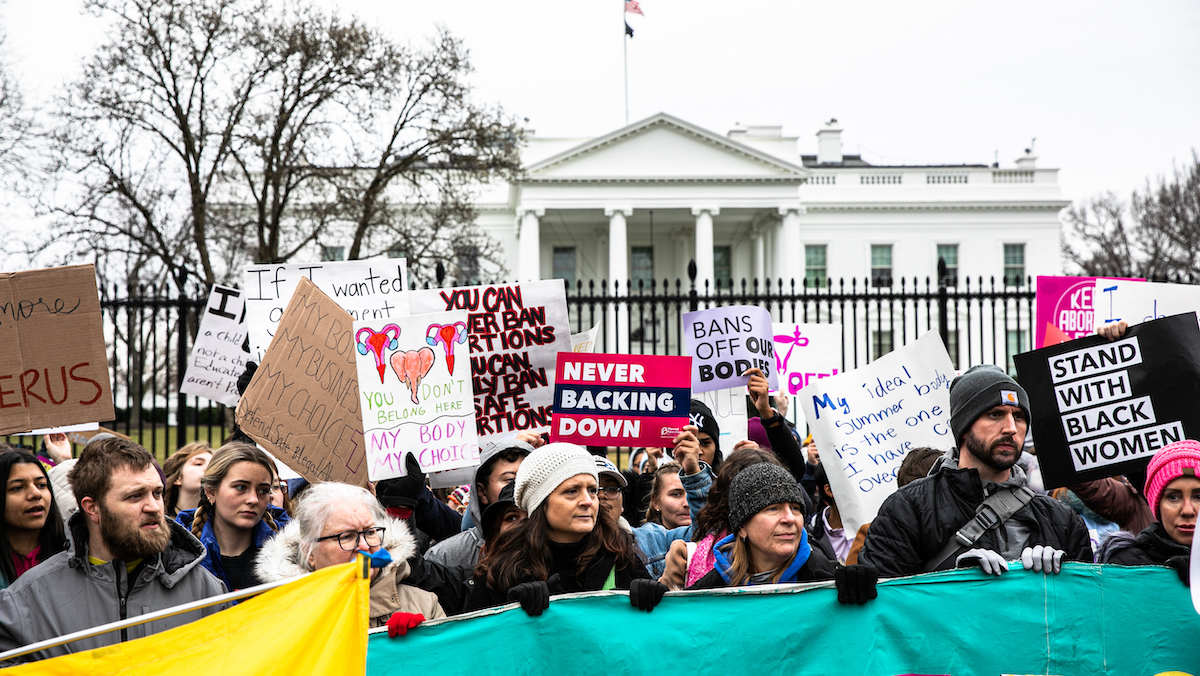


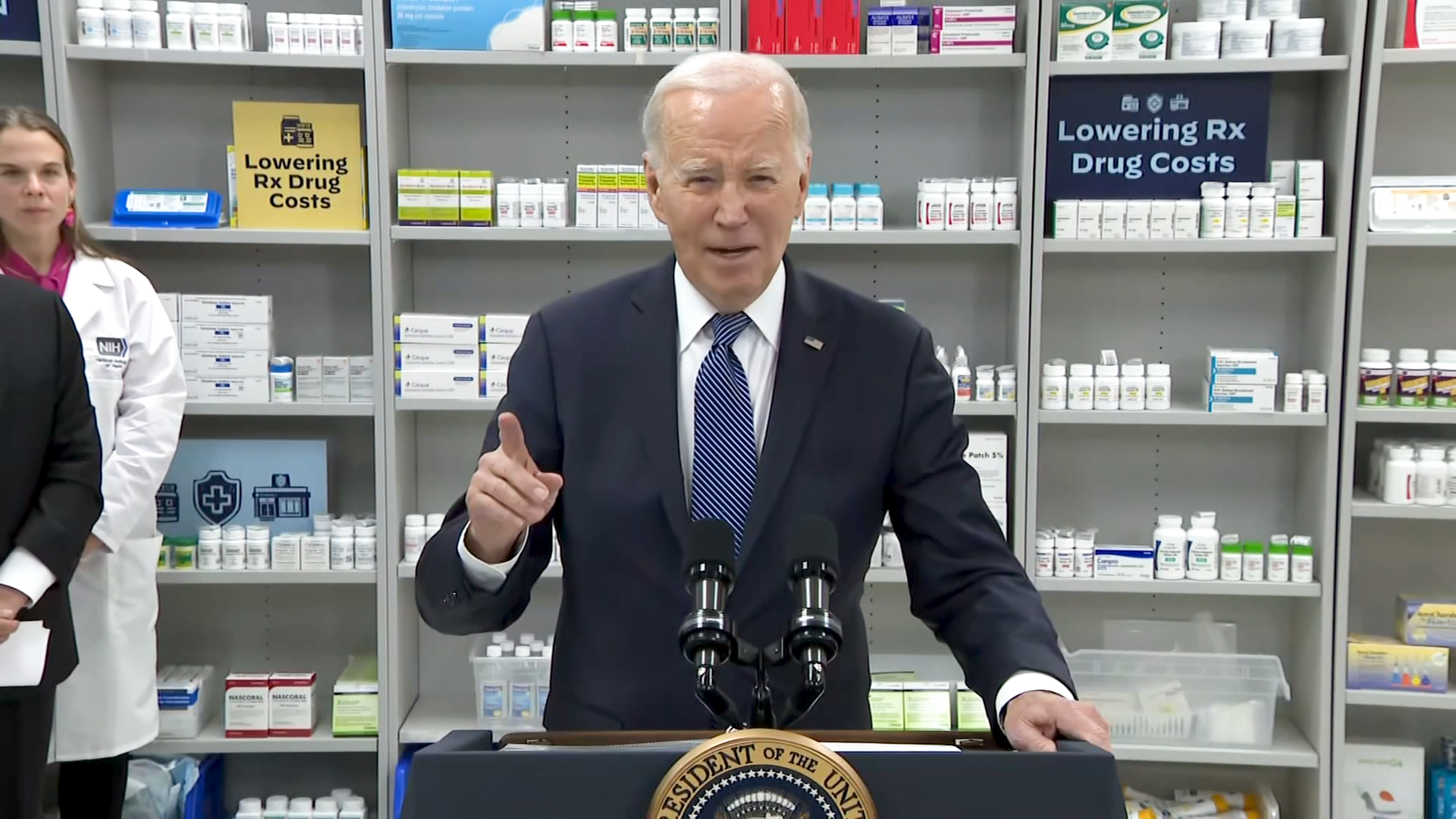

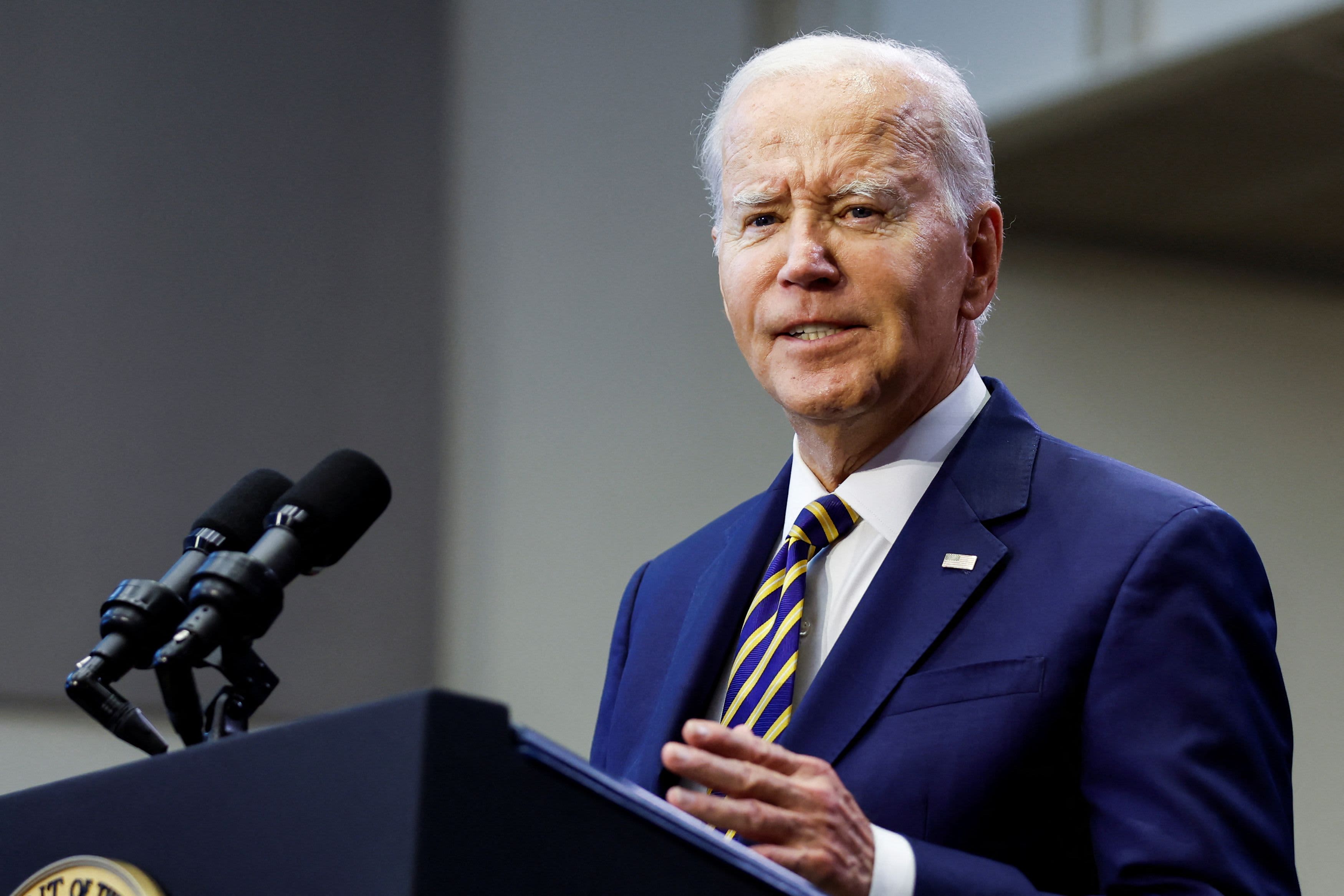
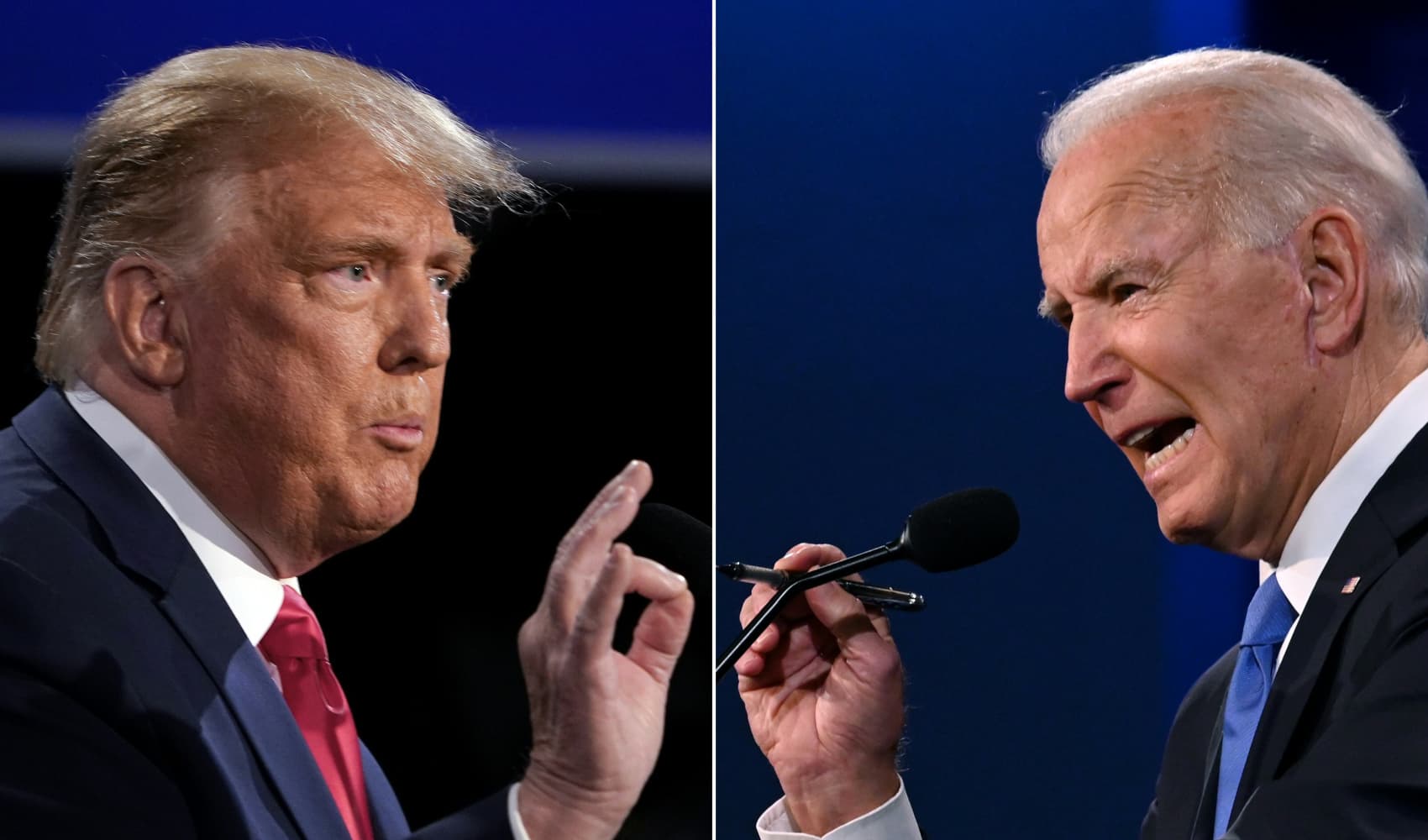
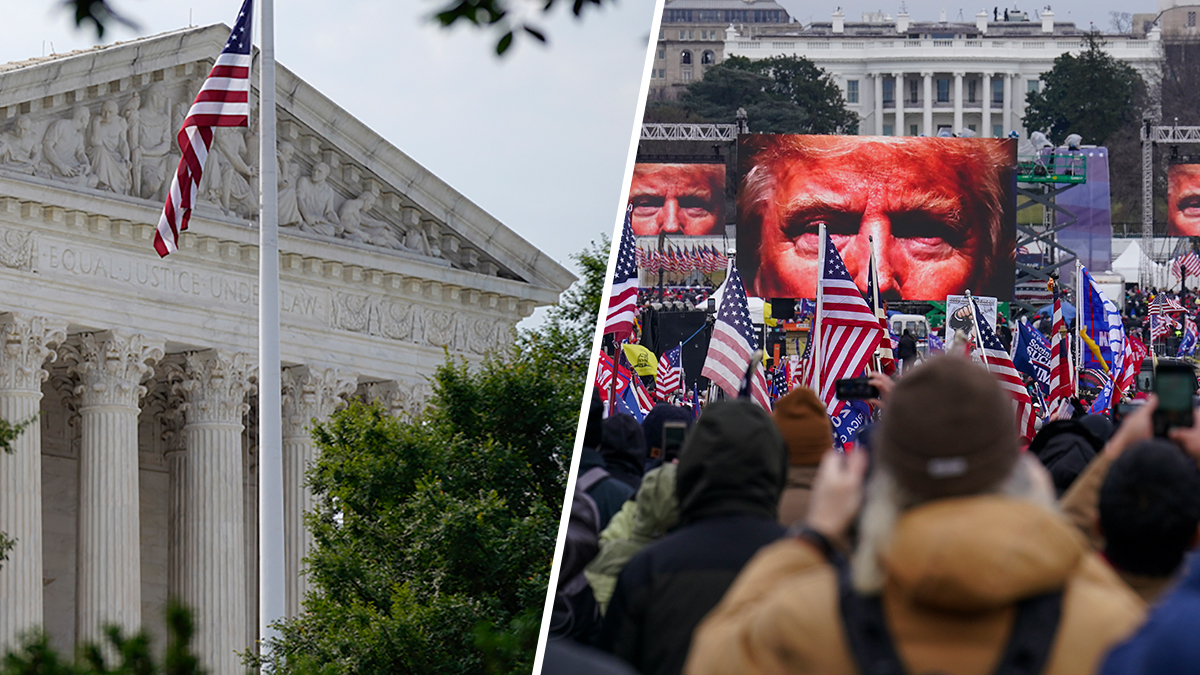
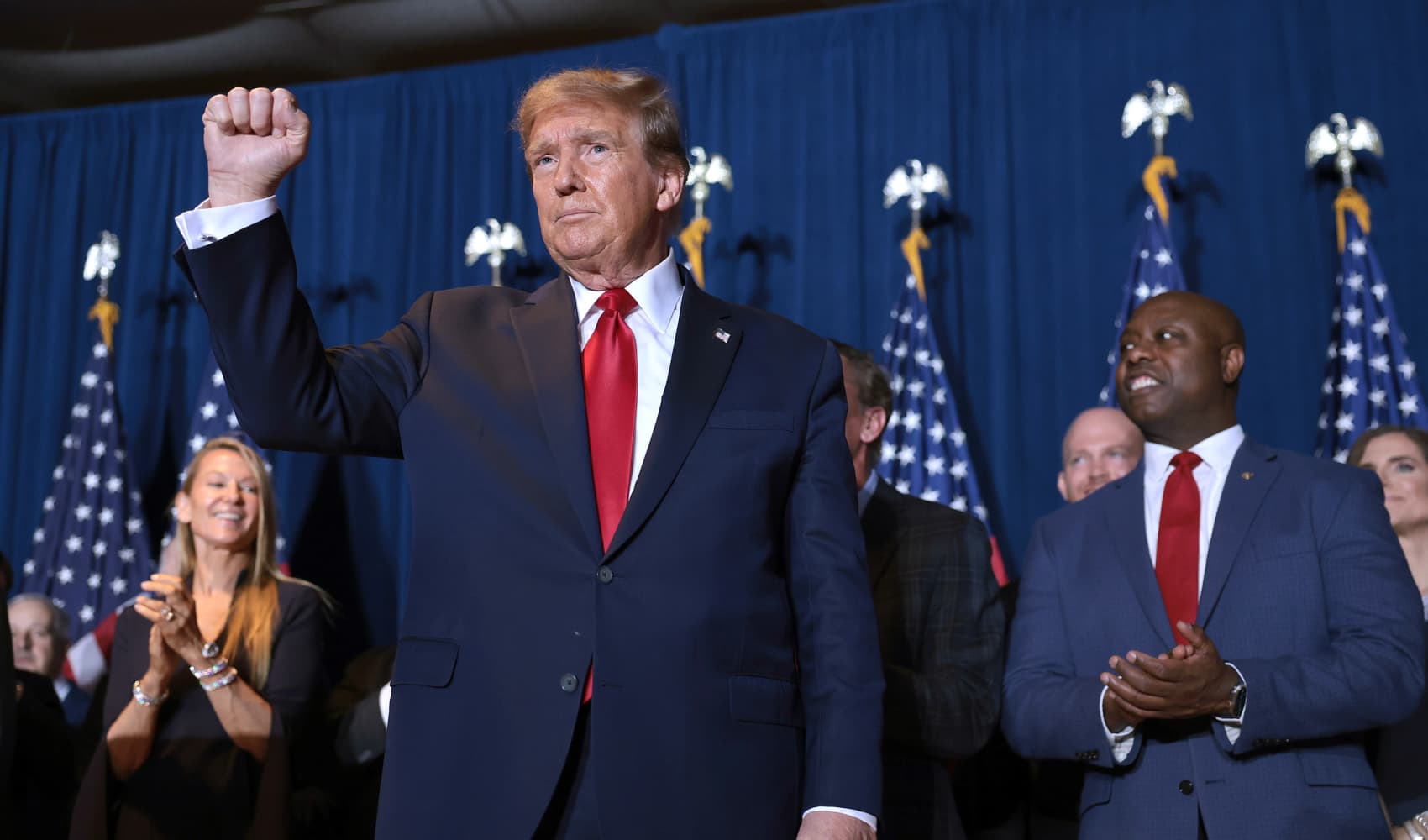

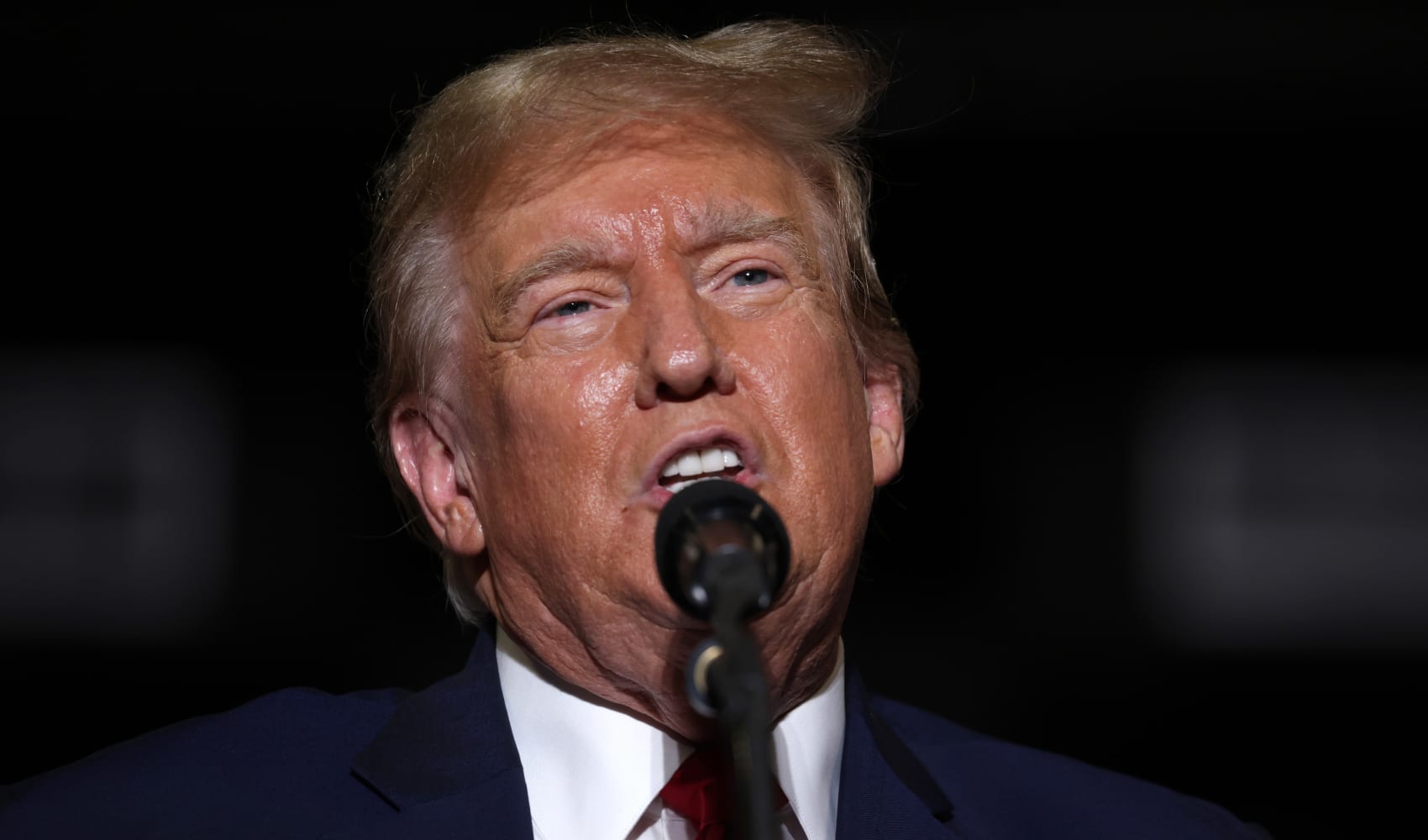

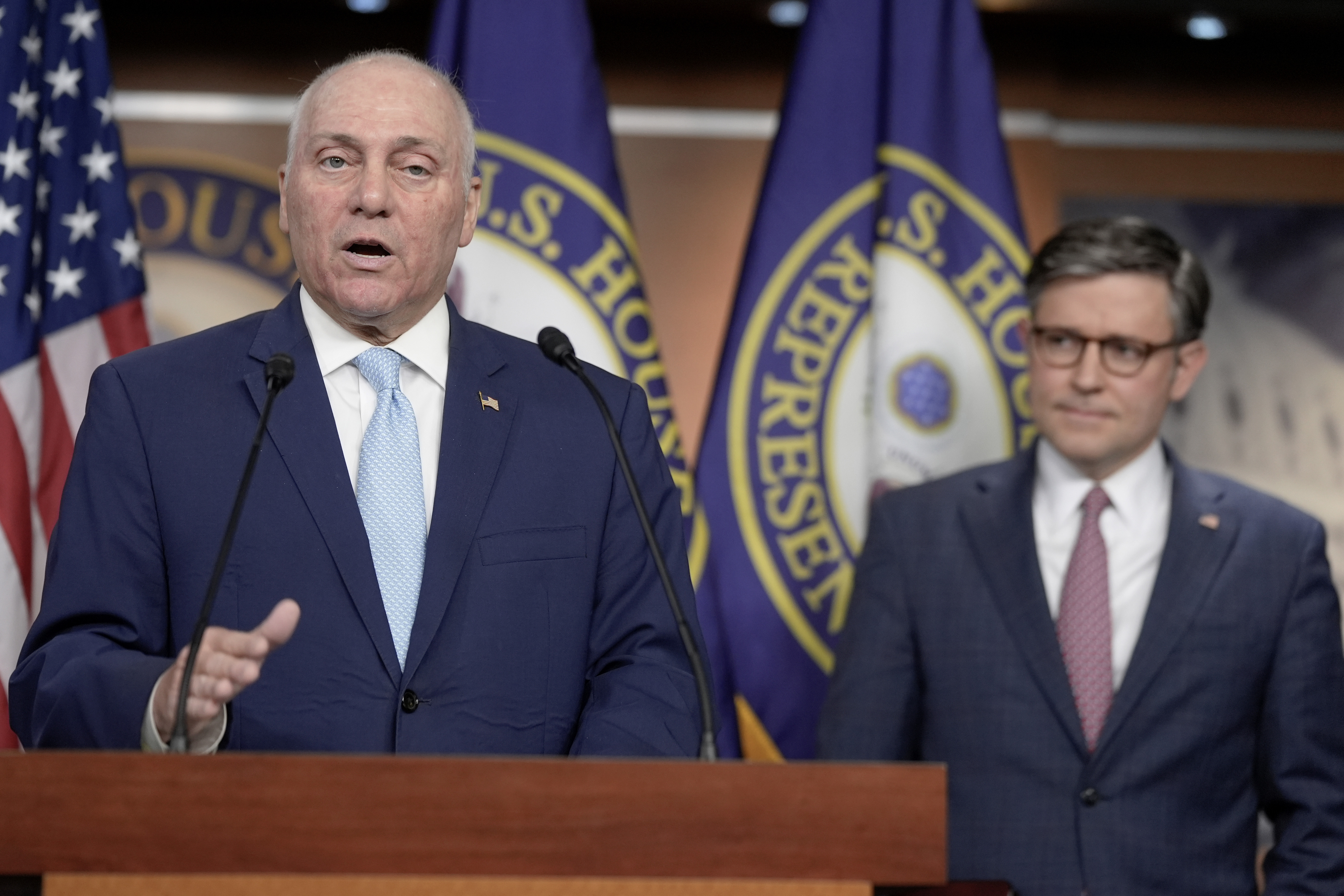
No comments:
Post a Comment